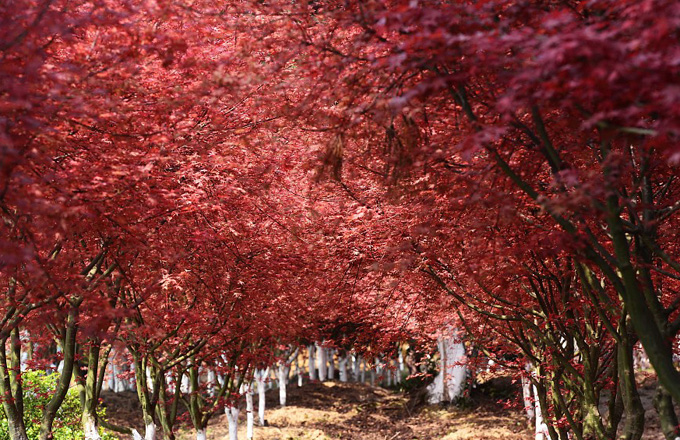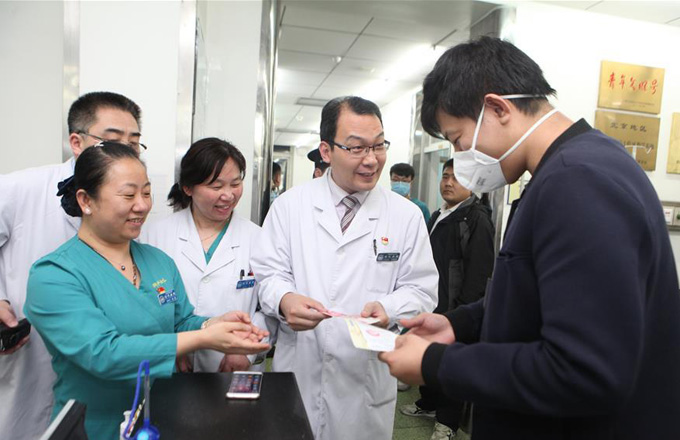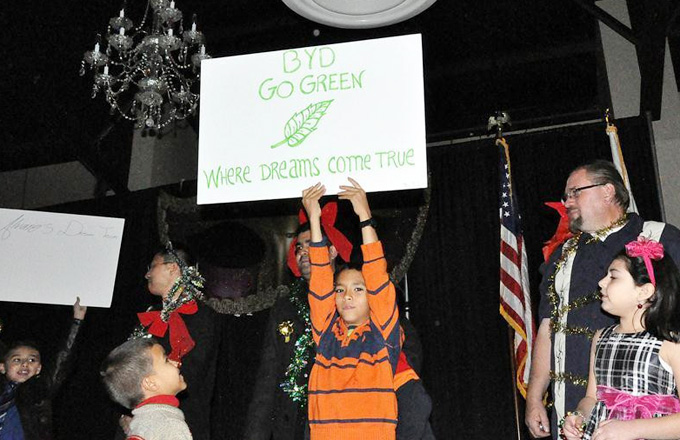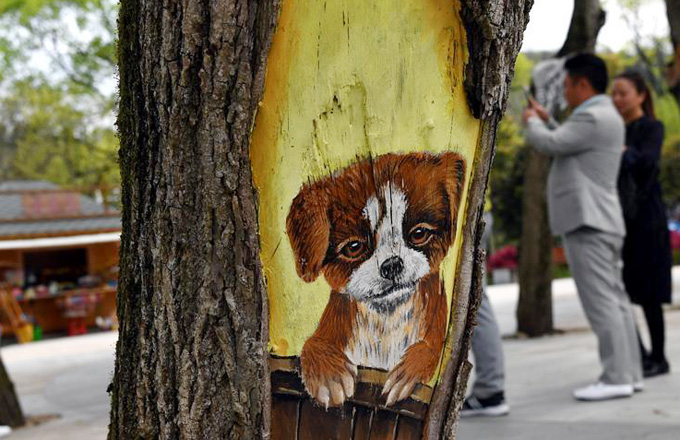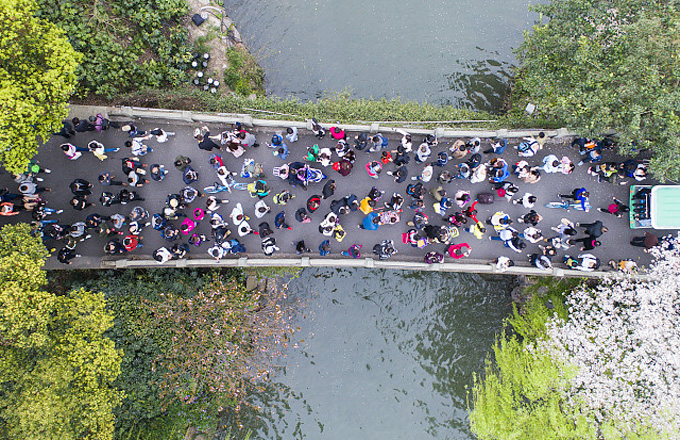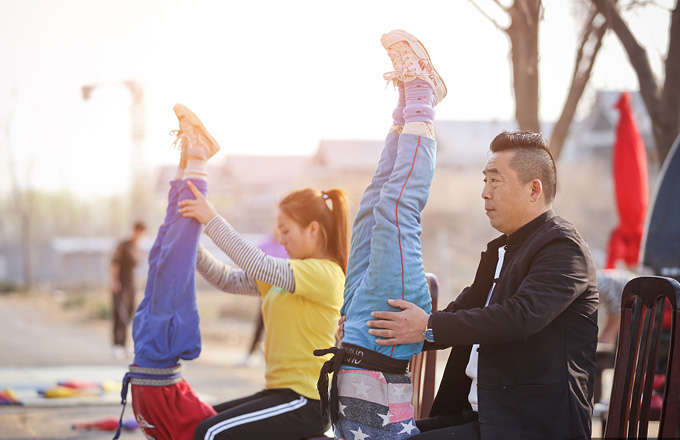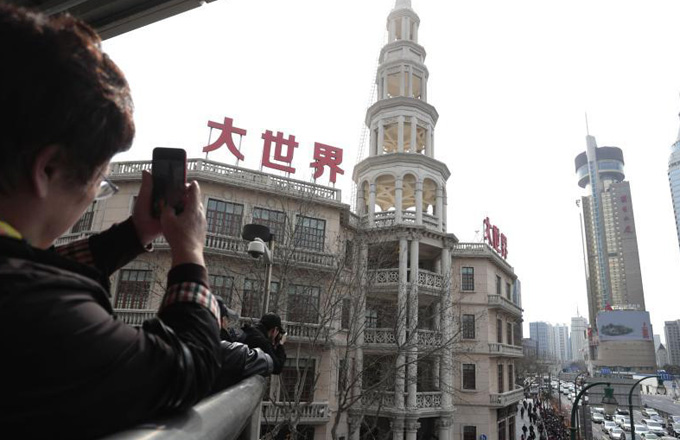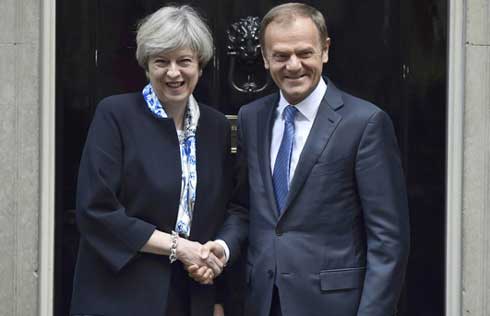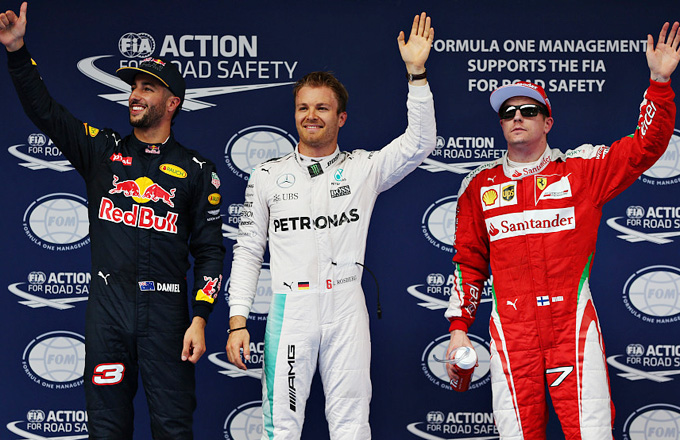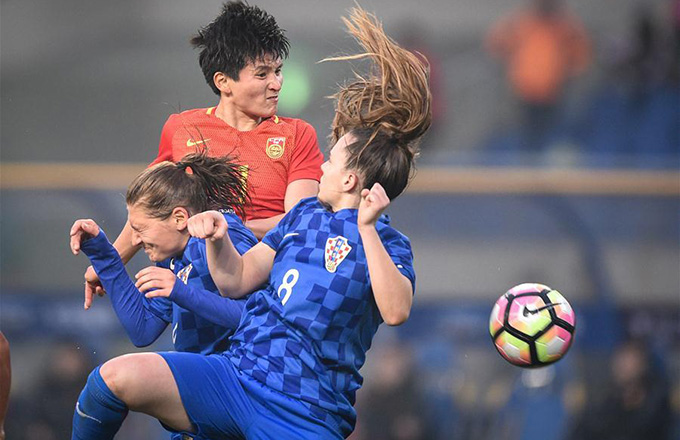

Monk Su Quan said he does not want the 108 children born in his temple after the quake to thank him by visiting.
"They can repay me by studying well and helping others," he says.
Luohan Temple, with its low structures and open spaces, was transformed into an emergency maternity unit when the nearby children’s hospital was threatened by aftershocks. There were about 1,500 other refugees.
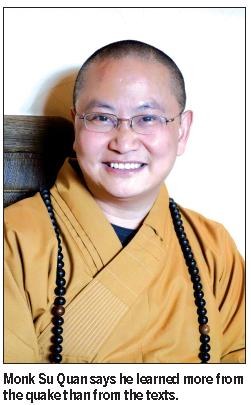
Some orthodox monks disapproved of the cesarean sections, as well as people eating meat on the premises. Su also hesitated because it was against doctrine to shed blood at the temple. But, in the end, he decided to help.
The monks gave up their beds and desks for the deliveries and their food for the women. Many of the mothers went on to name their children Zhensheng, or "Born in the Quake".
Some said giving birth in the temple was also a spiritual rebirth.
Long Shasha thanks Su for not only helping her bring her son into the world but also for her new outlook.
"Buddha predestined I’d give birth in the temple and walk with him," says the 29-year-old, who works with the 108 Children Foundation, which donates to catatonic children.
Liu Juan said she has become less selfish and more caring toward others since giving birth to her daughter, Tang Xinying, at Louhan five days after the quake.
"I cried when I first saw my girl," she recalls. "It gave me a new understanding of life. I feel so lucky. Seeing my newborn inside the temple after seeing corpses outside gave me hope."
Liu has joined a charity organization that donates to cancer patients and often volunteers at photo exhibitions promoting care for the needy. She also gives secondhand clothes to a poor family.
Su says he hopes his actions inspire selflessness.
"He taught us to pray for peace and prosperity for the whole world, rather than just our individual needs," Su’s disciple, 64-year-old Zhu Lili, says.
Su has changed, too.
"I’ve been a monk for 22 years, and I’ve read many scriptures," he says. "The quake helped me understand the world more than those texts. The disaster was a test for everybody, including monks."
He likens the catastrophe to the lotus flower, a Chinese Buddhist symbol. "The flower rises from the dirt like our reconstruction rises from the disaster," he says. "The past is the past. We must look to the future."
That applies to good deeds, he believes. "What good we’ve done doesn’t matter. What good we will do does."
Su stopped 14-year-old Tong Zhongcheng from committing suicide in hospital after the boy lost his legs. The monk told the table tennis fan he could become a Paralympic athlete — and he did. "He’s happy now and is leading a good life," Su says.
The monk also sold to the NBA a basketball that was a gift for a 12-year-old boy who died in the quake. He used the 80,000 yuan ($12,900) it raised along with 20,000 yuan from the temple to buy sports equipment for schools in the quake zone.
His temple also raised 30,000 yuan for the Lushan quake on April 20 and sent monks to the disaster area.
While 43-year-old Su does not want the children born in Luohan in 2008 to pay him individual respects, he says he has a special affinity for them.
"These children bring me great joy and hope for the future," he says. "I’m grateful for them from the bottom of my heart."
Huang Zhiling contributed to this story.
